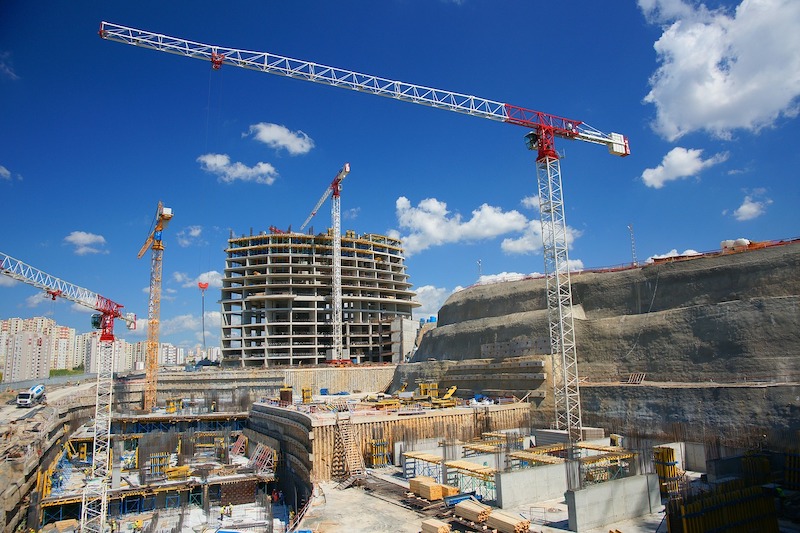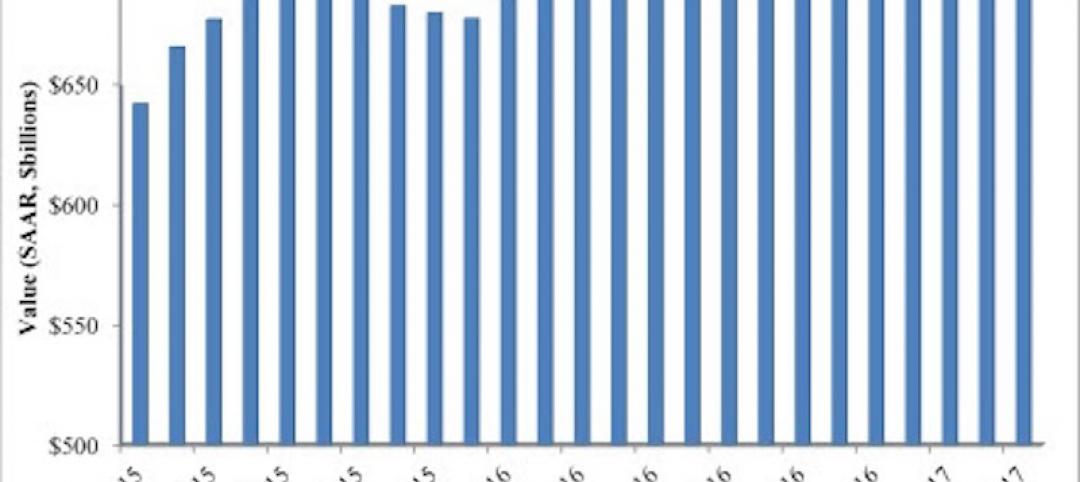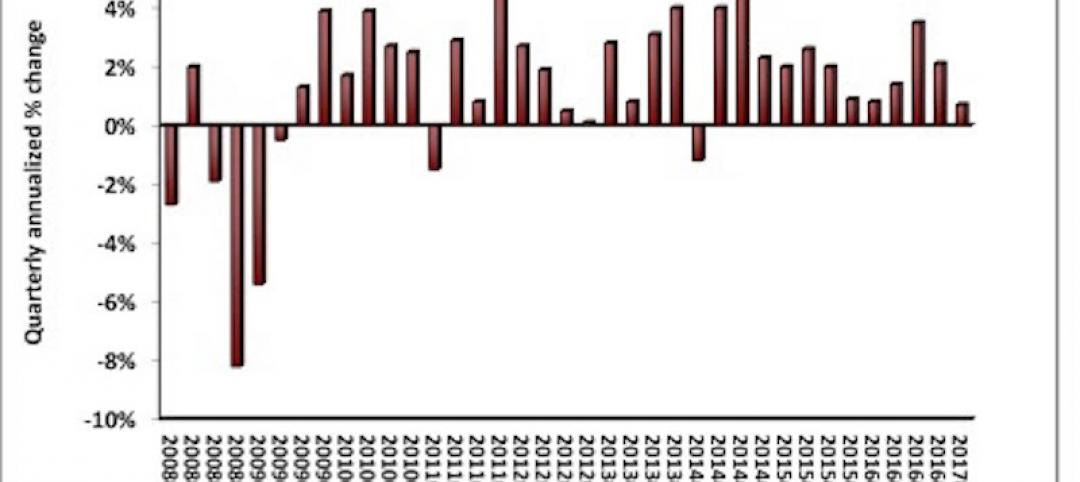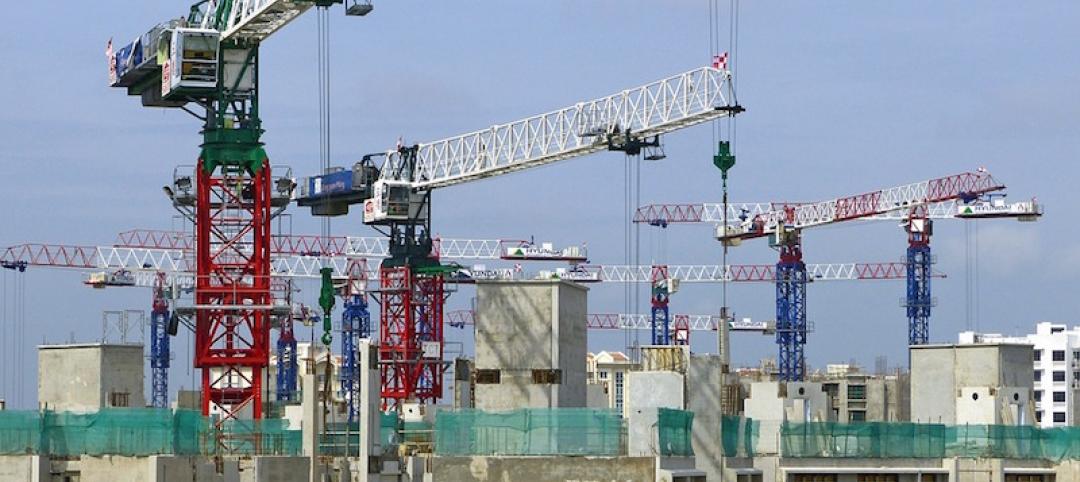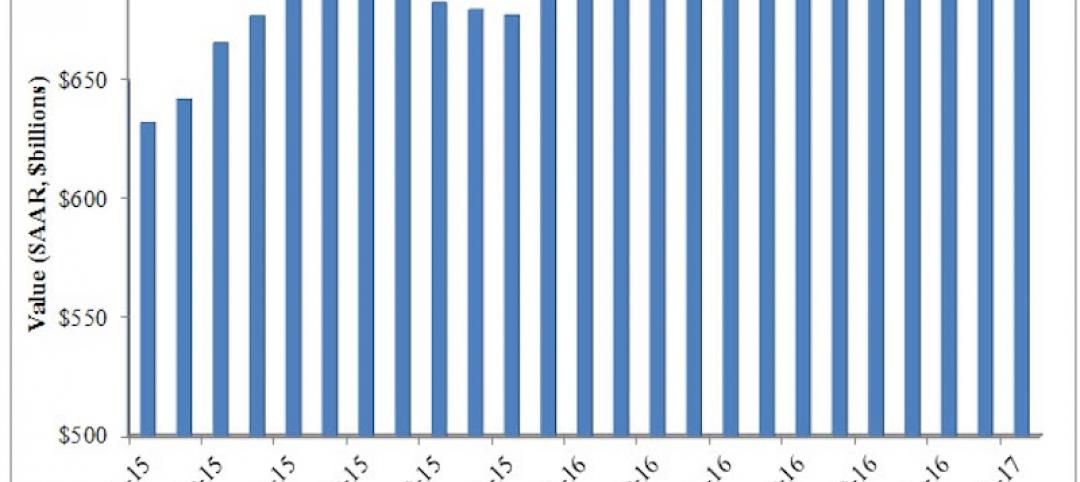Three-fourths of all metro areas added construction jobs between July 2020 and last month, according to an analysis by the Associated General Contractors of America of government employment data released today. Association officials noted that while many metro areas have added jobs since last summer, construction employment still lags pre-pandemic levels in many areas as the industry faces a host of challenges.
“The rapid spread of the delta variant of coronavirus, along with soaring materials costs and multiple supply-chain difficulties, appears to be causing some project owners to delay starting construction,” said Ken Simonson, the association’s chief economist. “However, the virus flare-up threatens further job gains, particularly because construction workers have a lower vaccination rate and thus a higher risk of becoming ill than other occupations.”
Construction employment increased in 268 out of 358 metro areas over the last 12 months. Seattle-Bellevue-Everett, Wash. added the most construction jobs (10,200 jobs, 10%), followed by Sacramento--Roseville--Arden-
Construction employment declined from a year earlier in 54 metros and held steady in 36. Houston-The Woodlands-Sugar Land, Texas lost the most jobs: 7,000 or 3%, followed by New York City (-6,300 jobs, -4%); Miami-Miami Beach-Kendall, Fla. (-3,500 jobs, -7%); Nassau County-Suffolk County, N.Y. (-2,400 jobs, -3%) and Calvert-Charles-Prince George’s, Md. (-2,400 jobs, -7%). The largest percentage declines, 11%, were in Atlantic City-Hammonton, N.J. (-600 jobs) and Evansville, Ind.-Ky. (-1,100 jobs), followed by 9% decreases in Tuscaloosa, Ala. (-600 jobs) and Victoria, Texas (-300 jobs).
Association officials urged federal officials to take steps to address supply-chain woes and boost demand for many types of construction services. They continued to call for the removal of tariffs on a host of critical construction materials, including steel and aluminum. And they urged the House of Representatives to quickly pass bipartisan infrastructure legislation that would give a needed boost to construction demand at a time when many private sector owners are rethinking projects amid rising prices and the spiking coronavirus cases.
“Washington officials have the ability to help offset soaring materials prices and boost flagging demand for commercial construction,” said Stephen E. Sandherr, the association’s chief executive officer. “The president should put an immediate end to tariffs that are needlessly inflating the cost of key materials and members of the House should rapidly approve the bipartisan infrastructure bill.”
Related Stories
Senior Living Design | May 9, 2017
Designing for a future of limited mobility
There is an accessibility challenge facing the U.S. An estimated 1 in 5 people will be aged 65 or older by 2040.
Industry Research | May 4, 2017
How your AEC firm can go from the shortlist to winning new business
Here are four key lessons to help you close more business.
Engineers | May 3, 2017
At first buoyed by Trump election, U.S. engineers now less optimistic about markets, new survey shows
The first quarter 2017 (Q1/17) of ACEC’s Engineering Business Index (EBI) dipped slightly (0.5 points) to 66.0.
Market Data | May 2, 2017
Nonresidential Spending loses steam after strong start to year
Spending in the segment totaled $708.6 billion on a seasonally adjusted, annualized basis.
Market Data | May 1, 2017
Nonresidential Fixed Investment surges despite sluggish economic in first quarter
Real gross domestic product (GDP) expanded 0.7 percent on a seasonally adjusted annualized rate during the first three months of the year.
Industry Research | Apr 28, 2017
A/E Industry lacks planning, but still spending large on hiring
The average 200-person A/E Firm is spending $200,000 on hiring, and not budgeting at all.
Market Data | Apr 19, 2017
Architecture Billings Index continues to strengthen
Balanced growth results in billings gains in all regions.
Market Data | Apr 13, 2017
2016’s top 10 states for commercial development
Three new states creep into the top 10 while first and second place remain unchanged.
Market Data | Apr 6, 2017
Architecture marketing: 5 tools to measure success
We’ve identified five architecture marketing tools that will help your firm evaluate if it’s on the track to more leads, higher growth, and broader brand visibility.
Market Data | Apr 3, 2017
Public nonresidential construction spending rebounds; overall spending unchanged in February
The segment totaled $701.9 billion on a seasonally adjusted annualized rate for the month, marking the seventh consecutive month in which nonresidential spending sat above the $700 billion threshold.


